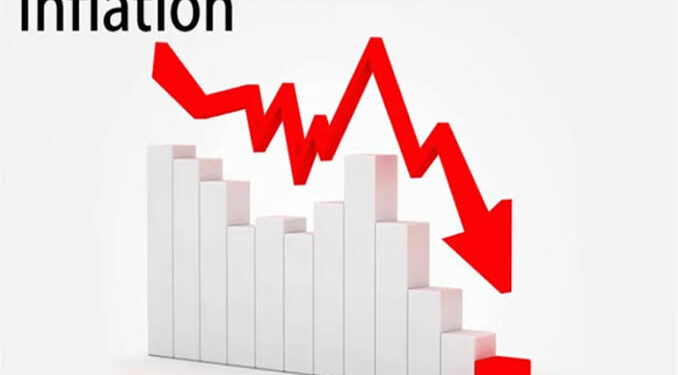The NBS announced on Tuesday that Nigeria’s headline inflation dropped to 24.48% in January 2025, a sharp decline from December’s 34.80%, following a rebasing of the Consumer Price Index (CPI). The Statistician-General of the Federation, Prince Adeyemi Adeniran, explained that the CPI rebasing—shifting the base year from 2009 to 2024—was necessary to provide a more accurate reflection of inflationary trends and economic conditions.
The updated methodology improves the classification of household expenses and excludes non-monetary factors such as own-production, imputed rents, and gifted items. The new report indicates that food inflation stood at 26.08% in January, down from 39.84% in December, while core inflation (excluding food and energy) was 22.59%.
In response, economists are urging the CBN’s Monetary Policy Committee (MPC) to adjust the Monetary Policy Rate (MPR) to support economic growth. Professor Uche Uwaleke of Nasarawa State University emphasized that the rebased inflation data should guide policymakers toward informed decisions, including a potential reduction in interest rates.
Similarly, Tunde Amolegbe, Managing Director of Arthur Stevens Asset Management, noted that while inflation figures appear lower due to the larger economic base, the reality of high living costs persists. He suggested that the new inflation trend could encourage the MPC to halt rate hikes and consider gradual reductions.
Dr. Muda Yusuf, Director of the Centre for Promotion of Private Enterprise, cautioned against interpreting the inflation drop as a decrease in actual prices. He attributed the decline to a strong base effect and reduced post-holiday spending but stressed that core issues like high energy costs, foreign exchange volatility, and insecurity continue to pressure businesses and households.
Small business owners echoed similar concerns, with Dr. Femi Egbesola, President of the Association of Small Business Owners of Nigeria, arguing that rebased inflation figures do not always reflect the economic realities on the ground. He called for comprehensive policy measures to address the rising cost of doing business and living expenses.
As the economy grapples with persistent challenges, experts urge the government to implement policies that ensure sustainable price stability and stimulate growth while considering interest rate adjustments to ease economic burdens.
























